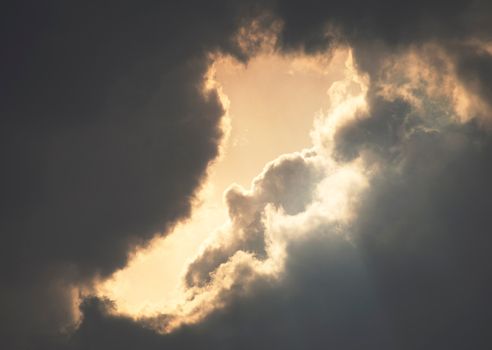Reading time: Less than 1 minute
Increase your vocabulary and you’ll make your writing much more precise. That’s why I provide a word of the week. Today’s word: epiphanic…
When I recently learned the meaning of the word epiphanic, I slapped myself over the head for not having figured it out earlier.
I encountered the word in a delightful memoir Priestdaddy, written by poet Patricia Lockwood. Here’s how she used the term:
That weekend, we drive the three hours from Kansas City to St. Louis to investigate, and find the fabled mansion sitting on top of its steep sledding hill, still guarded by its epiphanic oak.
The word means, “of or having the character of an ephiphany.” Why didn’t I see that clue in the root? An ephiphany, in addition to being the Jan. 6 commemoration of the coming of the Magi, also refers to an appearance or manifestation — especially of a divine being.
So, by calling the oak epiphanic, Lockwood is embuing it with more significance than a word such as “remarkable” or “impressive” would connote.
The etymology of the adjective has a few twists and turns. It comes from the Middle English epiphanie, which in turn comes from Old French. But the roots go deeper than that, originating from Late Latin epiphania, and, in turn, from Late Greek. It is thought to be an alteration of Greek epiphaneia, meaning “appearance, manifestation,” from epiphainein to manifest, from epi- + phainein to show.
An earlier version of this post first appeared on my blog on Dec. 19/18.


